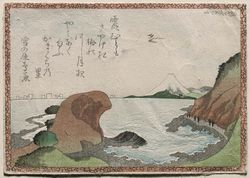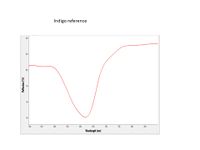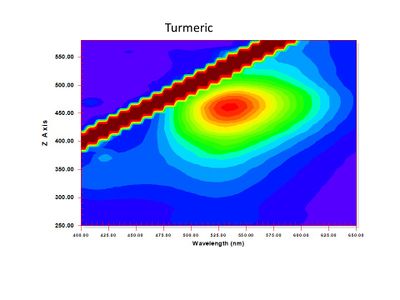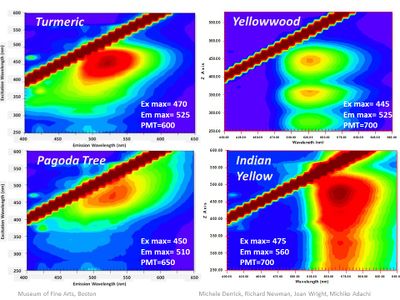Difference between revisions of "Category:Dayflower/Turmeric: Ukiyo-e colorant"
| Line 2: | Line 2: | ||
[[File:SC155045.jpg|right|250px|link=https://collections.mfa.org/objects/207552/kamakura-village-from-an-untitled-series-of-westernstyle-l?ctx=1be86594-d25a-458d-827f-8e5dc3048977&idx=0|Kamakura Village by Katsushika Hokusai]] | [[File:SC155045.jpg|right|250px|link=https://collections.mfa.org/objects/207552/kamakura-village-from-an-untitled-series-of-westernstyle-l?ctx=1be86594-d25a-458d-827f-8e5dc3048977&idx=0|Kamakura Village by Katsushika Hokusai]] | ||
| − | <font size="3">'''[[:Category:Dayflower: Ukiyo-e colorant|Dayflower]] + [[:Category:Turmeric: Ukiyo-e colorant|Turmeric]]'''</font>: Green is achieved by overprinting or mixing a blue and a yellow colorant. Dayflower printed over turmeric was typically used on early prints of two to three colors. Later, the dayflower+turmeric mixture was largely | + | <font size="3">'''[[:Category:Dayflower: Ukiyo-e colorant|Dayflower]] + [[:Category:Turmeric: Ukiyo-e colorant|Turmeric]]'''</font>: Green is achieved by overprinting or mixing a blue and a yellow colorant. Dayflower printed over turmeric was typically used on early prints of two to three colors. On prints the appearance of green produced by overprinting turmeric with dayflower can change upon exposure to moisture or fading. The highly water soluble dayflower can move towards the back of the paper support to reveal the yellow component. Turmeric is also highly susceptible to fading and in some cases the green produced by the combination of these two colors can appear tan. Later, the dayflower+turmeric mixture was largely supplanted by [[:Category:Indigo/Orpiment: Ukiyo-e colorant|indigo+orpiment]] which becomes the dominate formulation for green. |
'''For more information see:''' [[:Category:Dayflower: Ukiyo-e colorant|Dayflower]], [[:Category:Turmeric: Ukiyo-e colorant|Turmeric]] | '''For more information see:''' [[:Category:Dayflower: Ukiyo-e colorant|Dayflower]], [[:Category:Turmeric: Ukiyo-e colorant|Turmeric]] | ||
Revision as of 13:28, 20 July 2020
Dayflower + Turmeric: Green is achieved by overprinting or mixing a blue and a yellow colorant. Dayflower printed over turmeric was typically used on early prints of two to three colors. On prints the appearance of green produced by overprinting turmeric with dayflower can change upon exposure to moisture or fading. The highly water soluble dayflower can move towards the back of the paper support to reveal the yellow component. Turmeric is also highly susceptible to fading and in some cases the green produced by the combination of these two colors can appear tan. Later, the dayflower+turmeric mixture was largely supplanted by indigo+orpiment which becomes the dominate formulation for green.
For more information see: Dayflower, Turmeric
Examples of Dayflower+Turmeric in Ukiyo-e Prints
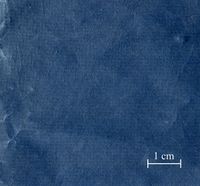
|

|

|

|

|
Analysis
Excitation Emission Matrix (EEM) spectroscopy and fiber optic reflectance spectroscopy (FORS) is used to identify dayflower+turmeric.
List of Prints
List of prints where indigo was detected
Pages in category "Dayflower/Turmeric: Ukiyo-e colorant"
The following 2 pages are in this category, out of 2 total.
